Introduction
The logistics and transportation industry are at a pivotal moment of transformation as technological advancements reshape traditional practices. From AI-driven route optimization to blockchain-enabled transparency, technology is driving unprecedented efficiency, reliability, and customer satisfaction. As global supply chains become more complex and consumer expectations rise, businesses are turning to the latest innovations to stay competitive. The year 2024 promises further progress, with new technology trends poised to redefine logistics and transportation operations across the world.
1. AI and Machine Learning for Predictive Analytics
Demand Forecasting: AI-powered predictive analytics tools are becoming essential for anticipating demand fluctuations and managing inventory more efficiently. Machine learning models help companies forecast demand trends based on historical data, market conditions, and seasonal patterns, enabling better resource allocation.
Route Optimization: AI-driven route optimization solutions analyze real-time data from various sources, such as traffic, weather, and vehicle status, to find the most efficient paths. This reduces fuel consumption, enhances delivery speed, and improves customer satisfaction.
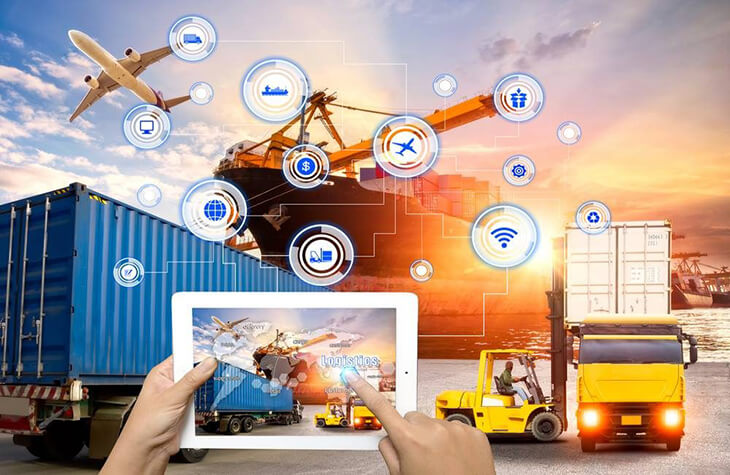
2. IoT and Telematics for Real-Time Tracking
Asset Tracking and Monitoring: The Internet of Things (IoT) enables real-time tracking of goods and vehicles through connected sensors. This provides visibility into shipment status, location, and conditions like temperature or humidity, which is essential for managing perishable goods.
Telematics Systems: Advanced telematics collect data on vehicle performance and driver behavior, allowing fleet managers to monitor fuel efficiency, detect maintenance issues proactively, and enhance driver safety. This data also aids in planning for future fleet needs.
3. Autonomous Vehicles and Drones
Self-Driving Trucks: Autonomous vehicles are set to play a significant role in long-haul trucking by 2024. Self-driving trucks can reduce driver fatigue-related accidents, improve fuel efficiency, and address the driver shortage challenge, especially for cross-country routes.
Drone Deliveries: Drones are being deployed for last-mile delivery, particularly in remote or urban areas with challenging traffic. They offer a faster and cost-effective solution for delivering smaller packages, especially in regions where traditional delivery methods are less feasible.
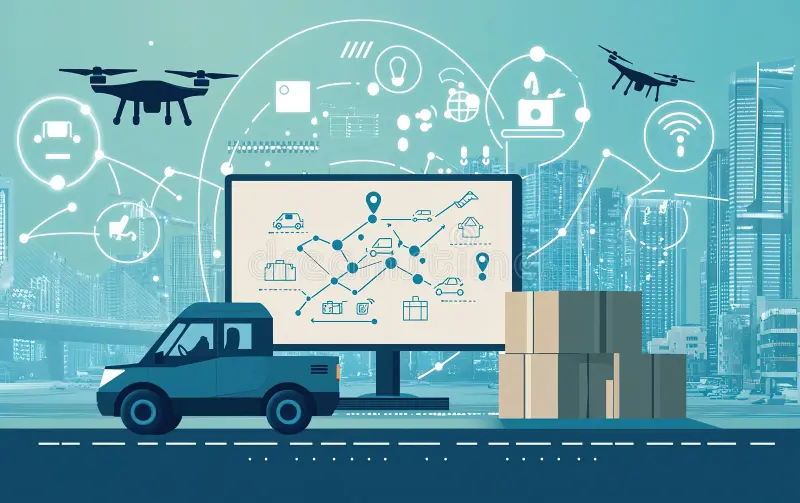
4. Blockchain for Secure and Transparent Supply Chains
Enhanced Transparency: Blockchain technology offers an immutable ledger, enabling secure, transparent, and tamper-proof record-keeping. It allows all parties involved in the supply chain to access accurate, real-time information, which increases trust and traceability.
Smart Contracts: Smart contracts on the blockchain automate payment and fulfillment processes, reducing the need for intermediaries and minimizing errors or disputes. This improves efficiency and ensures smooth, on-time deliveries.
5. Robotic Process Automation (RPA) and Robotics in Warehousing
Warehouse Automation: Robotics solutions in warehouses, such as autonomous picking robots and conveyor systems, streamline the picking, sorting, and packing processes. These robots work alongside human staff to reduce labor costs and enhance productivity.
Process Automation: RPA automates routine, rule-based tasks like order processing, billing, and inventory updates. This speeds up workflows, reduces manual errors, and frees up human workers for more complex tasks that require decision-making.
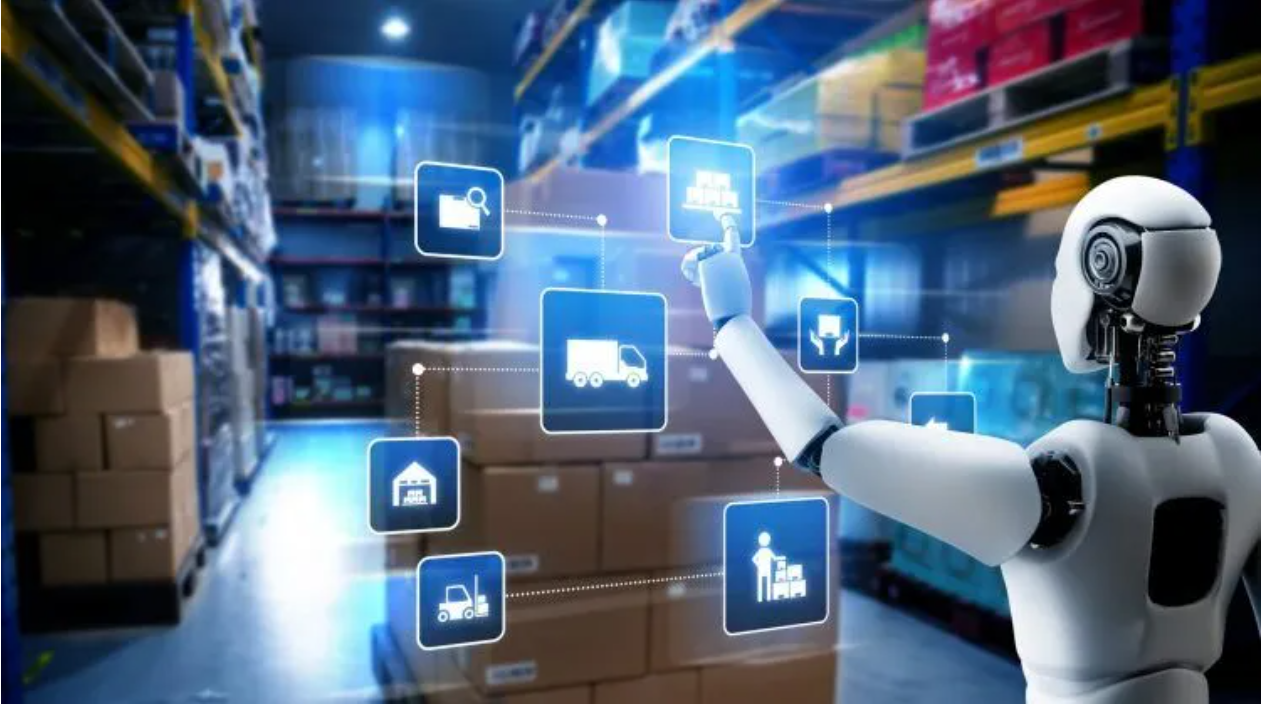
6. 5G and Edge Computing for Faster Data Processing
Real-Time Data Transmission: With the rollout of 5G networks, data can be transmitted faster than ever before, enabling real-time tracking and monitoring of shipments even in remote areas. This technology supports instant communication between logistics managers, drivers, and IoT devices.
Edge Computing: Edge computing processes data closer to its source, such as at the warehouse or on a delivery vehicle, reducing latency. This allows companies to analyze data locally and respond to incidents, such as vehicle malfunctions or delays, immediately.
7. Sustainability Solutions and Green Logistics
Electric and Hybrid Vehicles: More companies are adopting electric and hybrid fleets to reduce their carbon footprint. With advancements in EV technology, battery range and charging infrastructure are improving, making it feasible for companies to use green vehicles on a larger scale.
Emission Tracking Software: Logistics companies are increasingly using software to track and optimize emissions throughout the supply chain. These tools help companies comply with regulations and appeal to eco-conscious customers by improving environmental sustainability.
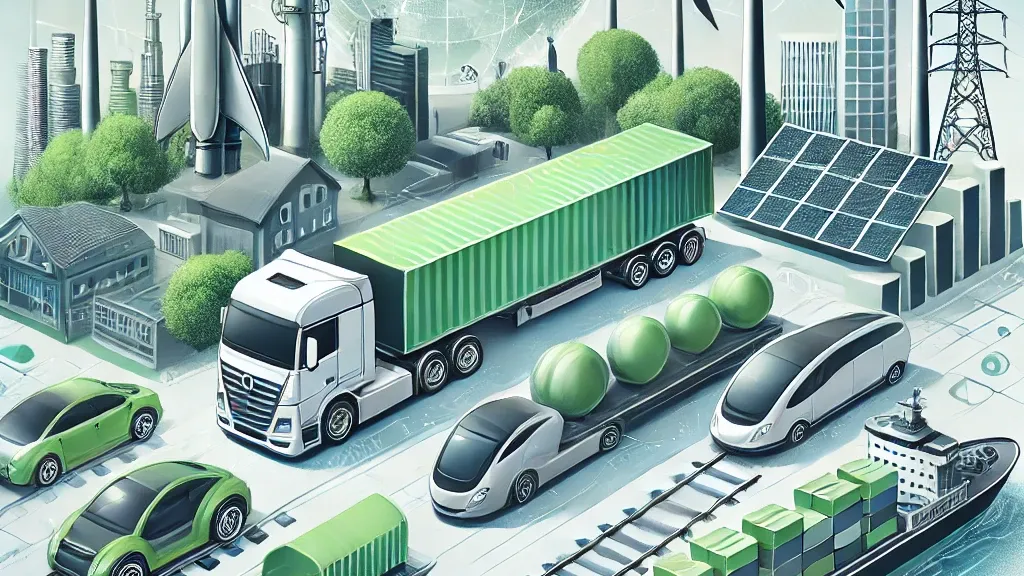
8. Digital Twins for Enhanced Operational Efficiency
Simulated Modeling: Digital twins, or virtual replicas of physical assets, allow companies to simulate and analyze different operational scenarios. This is particularly valuable for warehouse layout, supply chain optimization, and fleet management, where simulations can test potential changes before implementation.
Proactive Maintenance: In fleet management, digital twins can help monitor the health of vehicles by replicating their physical and mechanical status in real-time. This allows logistics companies to conduct predictive maintenance, which prevents costly breakdowns and extends the lifespan of assets.
9. Augmented Reality (AR) for Enhanced Training and Maintenance
AR Training for Workers: Augmented reality solutions can be used to train warehouse staff and drivers in complex tasks in a hands-on, immersive way, reducing training time and minimizing on-the-job errors.
AR for Maintenance: AR can assist maintenance staff by providing visual overlays that guide them through repair tasks step-by-step, reducing downtime and increasing efficiency.
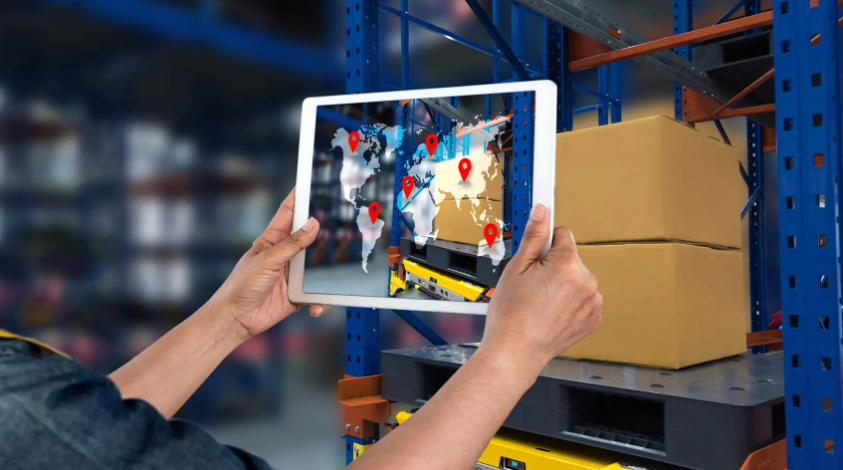
10. Customer-Centric Technology and Improved Delivery Experience
Real-Time Delivery Updates: Enhanced mobile apps and websites provide customers with real-time updates on their shipments, including delivery timing and delays, increasing transparency and customer satisfaction.
Flexible Delivery Options: Technology that allows customers to schedule, reschedule, or reroute their deliveries adds convenience and enhances the customer experience. AI-driven systems can also suggest optimal delivery times based on the customer’s historical patterns.
Conclusion
The technology trends emerging in 2024 are set to elevate logistics and transportation to new levels of efficiency, sustainability, and service quality. By integrating AI, IoT, blockchain, and autonomous technologies, companies can optimize operations, reduce costs, and meet the growing demand for faster, greener, and more transparent services. As these trends become mainstream, the industry will not only streamline processes but also enhance customer experience and support environmental goals, solidifying technology’s role as the backbone of modern logistics and transportation.
